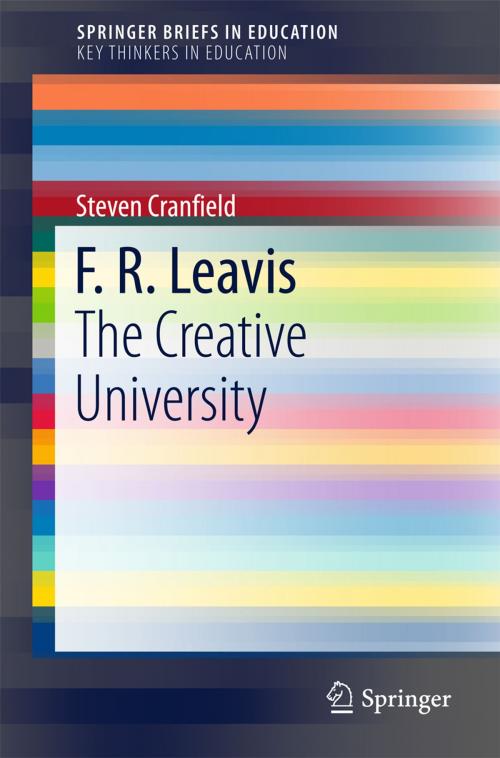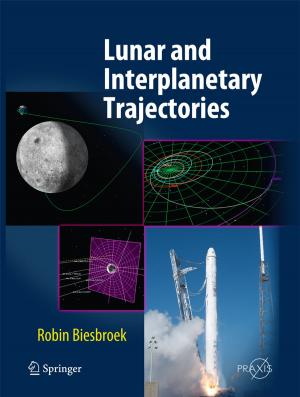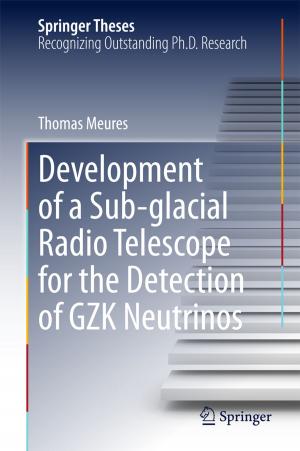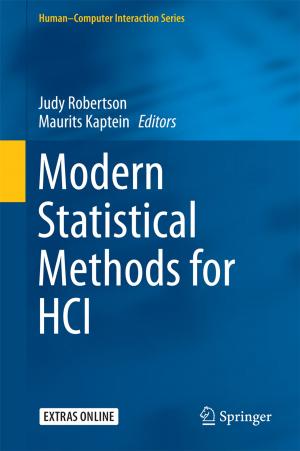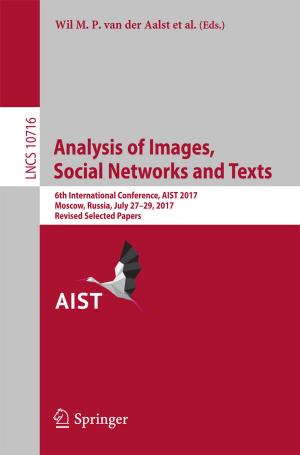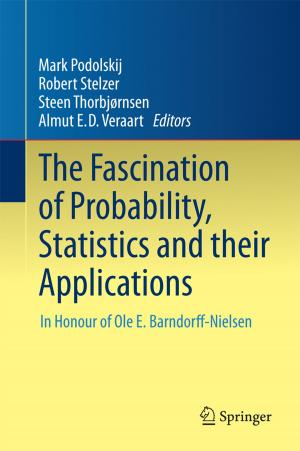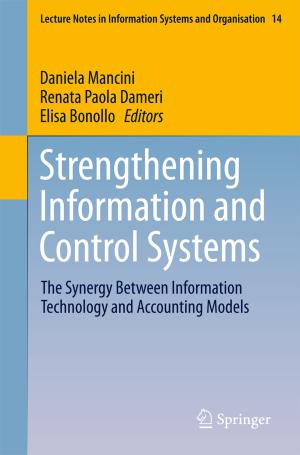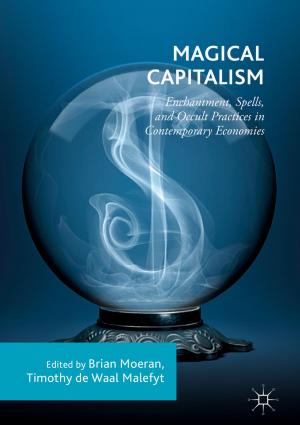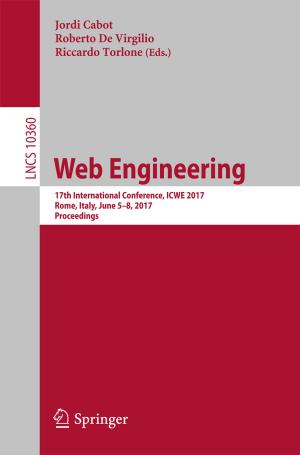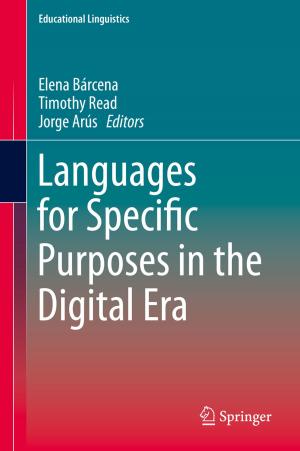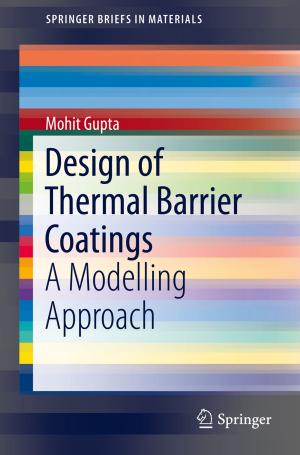F. R. Leavis
The Creative University
Nonfiction, Reference & Language, Education & Teaching, Educational Theory, Philosophy & Social Aspects, Higher Education| Author: | Steven Cranfield | ISBN: | 9783319259857 |
| Publisher: | Springer International Publishing | Publication: | November 9, 2015 |
| Imprint: | Springer | Language: | English |
| Author: | Steven Cranfield |
| ISBN: | 9783319259857 |
| Publisher: | Springer International Publishing |
| Publication: | November 9, 2015 |
| Imprint: | Springer |
| Language: | English |
This is a critical introduction to the educational thought of F. R. Leavis (1895–1978), the greatest English literary critic of the twentieth century, providing the first in-depth examination of Leavis’s ideas in relation to contemporary mass higher education. During the course of a long, prolific and controversial academic career, which saw him take issue with figures such as Wittgenstein, T. S. Eliot and C. P. Snow, Leavis became one of the most articulate advocates for the idea of the university as ‘a centre of consciousness and human responsibility’ in the face of what he saw as the relentless technological drive of civilisation. With the journal Scrutiny which he co-founded, as well as his critical writings, Leavis became a decisive influence on generations of teachers in Britain and overseas. Widely misrepresented as narrowly elitist, his ideas about ‘the creative university’, with their radical, student-centred approach to teaching, constitute a powerful resource for a higher education system grappling with the contradictory demands of continuity and change. Based on original research, the study provides an overview of Leavis’s life, work and heritage and his educational world view, and a comprehensive exploration of Leavis’s pedagogy from theoretical and practical perspectives. It also includes a first-hand account by the author of being taught by Leavis in person.
This is a critical introduction to the educational thought of F. R. Leavis (1895–1978), the greatest English literary critic of the twentieth century, providing the first in-depth examination of Leavis’s ideas in relation to contemporary mass higher education. During the course of a long, prolific and controversial academic career, which saw him take issue with figures such as Wittgenstein, T. S. Eliot and C. P. Snow, Leavis became one of the most articulate advocates for the idea of the university as ‘a centre of consciousness and human responsibility’ in the face of what he saw as the relentless technological drive of civilisation. With the journal Scrutiny which he co-founded, as well as his critical writings, Leavis became a decisive influence on generations of teachers in Britain and overseas. Widely misrepresented as narrowly elitist, his ideas about ‘the creative university’, with their radical, student-centred approach to teaching, constitute a powerful resource for a higher education system grappling with the contradictory demands of continuity and change. Based on original research, the study provides an overview of Leavis’s life, work and heritage and his educational world view, and a comprehensive exploration of Leavis’s pedagogy from theoretical and practical perspectives. It also includes a first-hand account by the author of being taught by Leavis in person.
